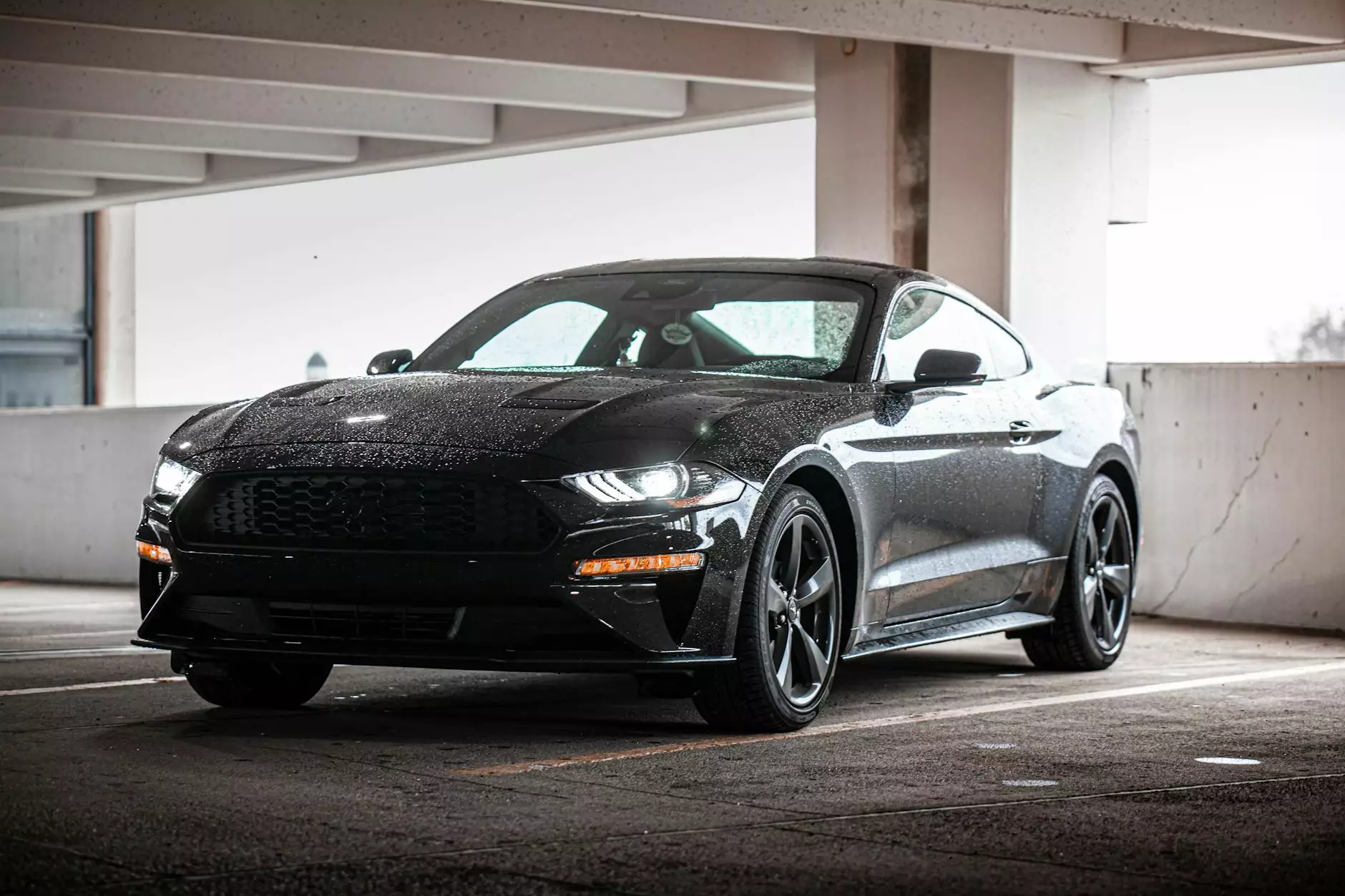Understanding Your Car Body Name: A Comprehensive Guide

When it comes to automobiles, knowing your vehicle's specifications is crucial. One of the most important aspects to understand is the car body name. This term encompasses various designs, structures, and categories that define the appearance and functionality of a vehicle. In this article, we will explore the importance of car body names, the different types available, their features, and how they impact your driving experience and maintenance needs.
What is a Car Body Name?
The car body name refers to the specific classification that describes the shape and design of a vehicle. This designation often influences aesthetics, aerodynamics, functionality, impact safety, and passenger capacity. Every car body name carries a legacy of engineering and design practicality, defining how a vehicle interacts with the road.
The Importance of Knowing Your Car Body Name
Understanding your car body name is vital for several reasons:
- Maintenance and Repairs: Different body styles may require unique replacement parts and services.
- Insurance: Insurance rates can vary significantly based on the body style of your vehicle.
- Resale Value: Some body styles maintain their market value better than others.
- Performance and Safety: The design can affect the performance metrics of your car, including fuel efficiency and handling.
Common Types of Car Body Names
Various types of car bodies exist, each tailored for different purposes and preferences. Here’s a list of the most common body types:
- Sedan: A popular choice among families, a sedan typically features four doors, a separate trunk, and a comfortable passenger compartment.
- SUV (Sport Utility Vehicle): Known for their high stance and spacious interior, SUVs are great for off-road driving while also offering impressive passenger and cargo space.
- Coupe: A two-door vehicle characterized by its sporty appearance, coupes generally have a fixed roof and a sleek profile.
- Hatchback: Recognizable by a rear door that swings up, hatchbacks provide versatility and easier access to the cargo area.
- Convertible: A chic option that features a roof that can be entirely or partially retracted, perfect for enjoying sunny days.
- Wagon: Similar to a sedan but with an extended cargo area, a wagon offers more space and practicality without sacrificing passenger comfort.
Detailed Breakdown of Car Body Types
Sedan
Typically consisting of seating for four or five, a sedan combines sleek design with functionality. Sedans are fuel-efficient and known for their smooth ride and comfort, making them ideal for daily commuting. Modern sedans come equipped with advanced safety features and entertainment systems, further enhancing their appeal.
SUV (Sport Utility Vehicle)
SUVs stand out due to their increased ground clearance and off-road capabilities. They are available in various sizes, from compact to full-sized, offering passengers a commanding view of the road. They come equipped with all-wheel drive (AWD) options and spacious interiors, making them a great choice for adventurous families.
Coupe
Coupes are designed for those who desire sporty aesthetics. They usually have a shorter wheelbase and a more engaging drive. These vehicles often prioritize performance, with many models packed with powerful engines and sporty suspensions. Despite their reduced passenger space, coupes appeal to enthusiasts who value style and speed.
Hatchback
A hatchback provides the best of both worlds: compact size and versatile space. Their rear hatch door offers easy access to the cargo area, making them perfect for urban living. Many drivers choose hatchbacks for their fuel efficiency and maneuverability in crowded city settings.
Convertible
For those seeking a luxurious driving experience, the convertible is an excellent choice. With a retractable roof, these cars offer an exhilarating open-air experience. High-end versions come equipped with robust safety features and luxurious interiors, making them perfect for leisure drives.
Wagon
Wagons combine the sleek aesthetics of sedans with the space of an SUV. They maintain a low profile, making them easy to handle while offering ample cargo space. Many wagons also come with advanced safety features suitable for families.
Factors to Consider When Choosing a Car Body Name
When determining the best car body for your lifestyle, consider the following criteria:
- Space Requirements: Determine how much passenger and cargo space you need.
- Driving Environment: Consider whether you'll be driving mainly in urban areas or off-road.
- Fuel Efficiency: Sedans and hatchbacks typically offer better fuel economy than larger vehicles.
- Insurance Costs: Different body types can impact your insurance premiums.
- Resale Value: Some body styles depreciate slower than others, which is vital for long-term investment.
How Car Body Names Affect Maintenance
Your car body name can significantly influence your vehicle's maintenance needs. For example:
- Sedans typically require less expensive parts and labor due to their common design.
- SUVs might have higher repair costs, especially those designed for off-road performance.
- Luxury convertibles often come with specialized parts, resulting in higher maintenance costs.
The Future of Car Body Designs
The automotive industry is evolving rapidly. With the introduction of electric vehicles (EVs) and advancements in autonomous driving technology, car body names are likely to undergo significant transformations. Future designs may focus more on aerodynamics, materials like carbon fiber for weight reduction, and even modular designs where parts can be easily replaced or upgraded.
The Impact of Car Body Names on Safety
Every car body design also comes with its own set of safety parameters. The National Highway Traffic Safety Administration (NHTSA) and the Insurance Institute for Highway Safety (IIHS) assess the safety of various car body types. For instance:
- SUVs tend to fare better in rollover accidents due to their higher ground clearance.
- Hatchbacks might struggle in crash tests compared to larger vehicles.
- Compact cars, while efficient, can be at a disadvantage in collision scenarios with larger vehicles.
Final Thoughts
Understanding the diverse world of car body names provides valuable insights into choosing the right vehicle for your needs. Each body style offers unique advantages that cater to different lifestyles and driving preferences. Whether you need a spacious SUV for family trips, a sporty coupe for exhilarating drives, or a practical sedan for daily commutes, knowing the implications of your car body name can lead you to make more informed decisions.
Visit imautoparts.com for a comprehensive selection of automotive parts and supplies to keep your vehicle running smoothly, regardless of its body style.









